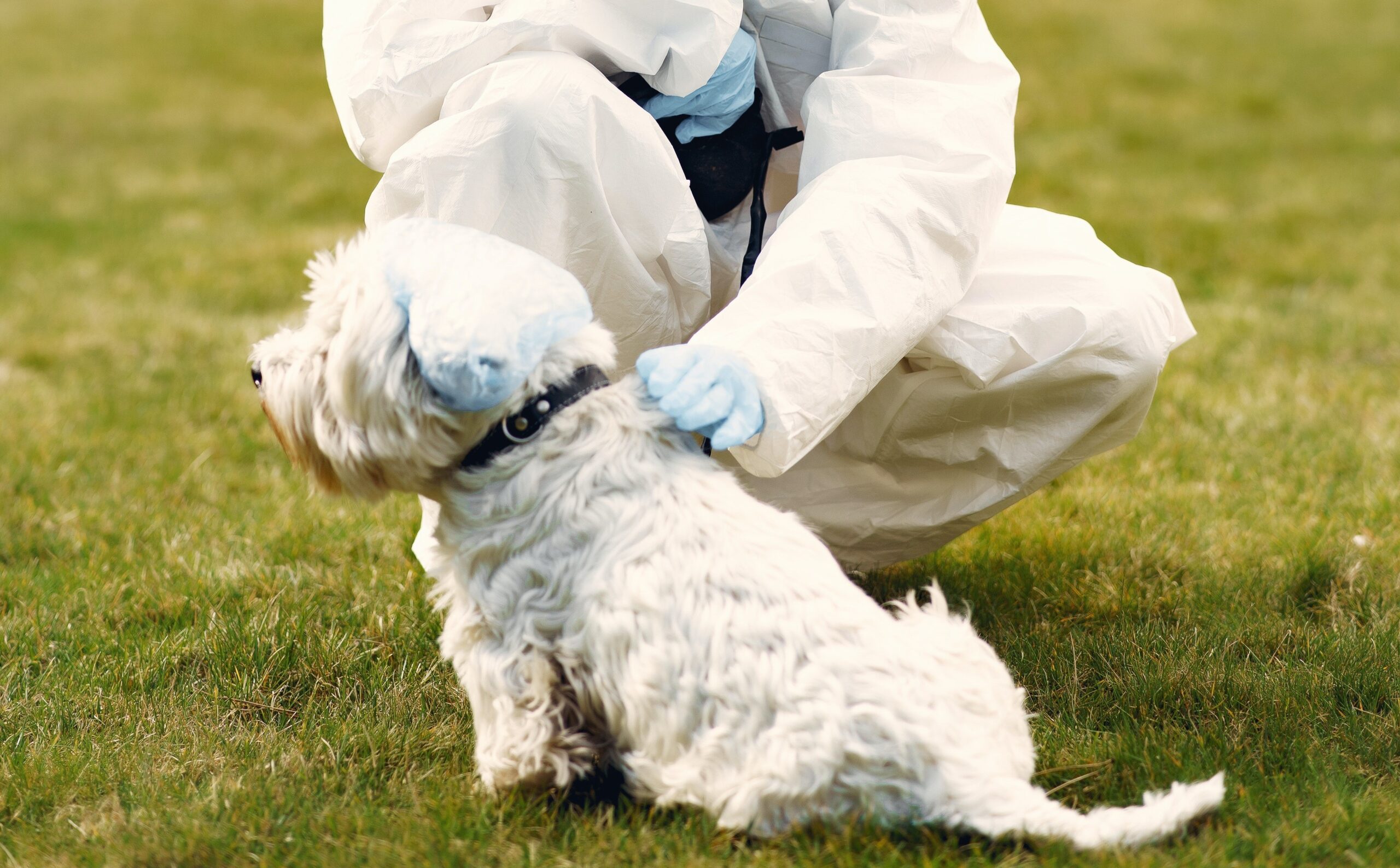A Complete Guide to Prevent Common Health Problems in Pets
As a pet owner, it’s important to be aware of common health issues that can affect your beloved furry friend. Being proactive in preventing these issues can help ensure your pet stays healthy and happy. Here are some tips on preventing common pet health problems.
Overweight:
Obesity is a widespread health issue among pets that can lead to serious health concerns such as diabetes, heart disease, and joint problems. To prevent obesity, make sure your pet gets enough exercise appropriate for their breed, age, and size. Regular walks and playtime are excellent ways to keep your pet active. Feed your pet a well-balanced and healthy diet, avoiding overfeeding and limiting treats.
Dental Problems:
Dental problems like gum disease, tartar buildup, and tooth decay can cause discomfort and pain for pets. Regular dental care, including brushing your pet’s teeth with pet-specific toothpaste and toothbrush, can help prevent these problems. Offer your pet dental chews or toys that help keep their teeth clean and schedule regular dental checkups with your vet.
Fleas and Ticks:
Fleas and ticks are common parasites that can cause skin irritations and infections, leading to discomfort and health problems in pets. To prevent flea and tick infestations, use preventative treatments such as flea and tick collars, topical solutions, or oral medications. Check your pet regularly for fleas and ticks, especially during warmer months. Keep your home and yard clean and free of debris to reduce the risk of infestations.
Urinary Tract Infections:
Urinary tract infections (UTIs) are common in older dogs and cats. Symptoms of a UTI include frequent urination, difficulty urinating, and blood in the urine. To prevent UTIs, ensure your pet has access to clean water at all times. Clean your pet’s litter box regularly and use a litter box with a clean and odor-free environment. Regular vet checkups can help identify and treat UTIs early.
Allergies:
Pets can develop allergies to various substances, including pollen, dust, and certain foods. Common signs of allergies include itching, sneezing, and skin irritations. To prevent allergies, avoid exposing your pet to known allergens and keep your home free of dust and other irritants. Feed your pet a well-balanced and healthy diet, avoiding foods known to cause allergies. If your pet shows signs of allergies, consult with your vet for proper diagnosis and treatment.
To prevent common health problems in pets, regular vet checkups, a healthy diet, regular exercise, dental care, and flea and tick control are important. Being proactive and taking measures to prevent health problems can ensure your pet lives a long and healthy life.

